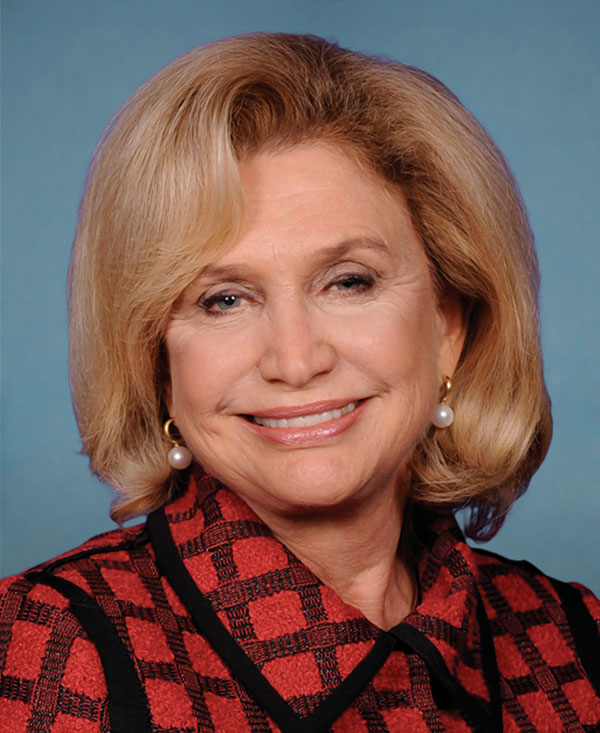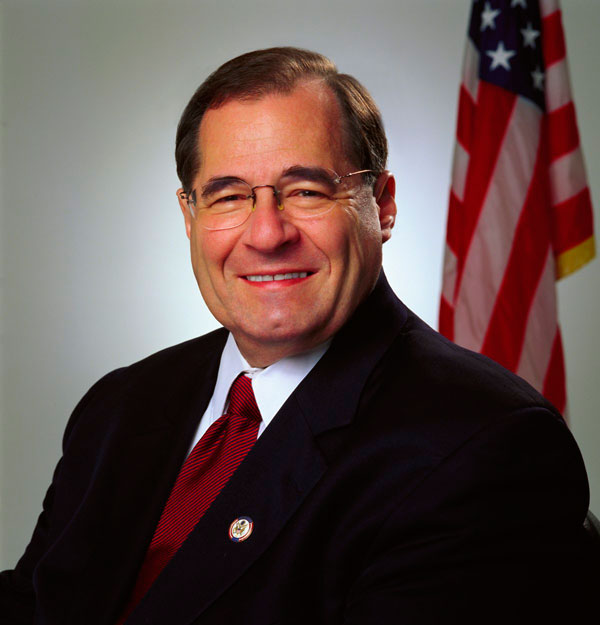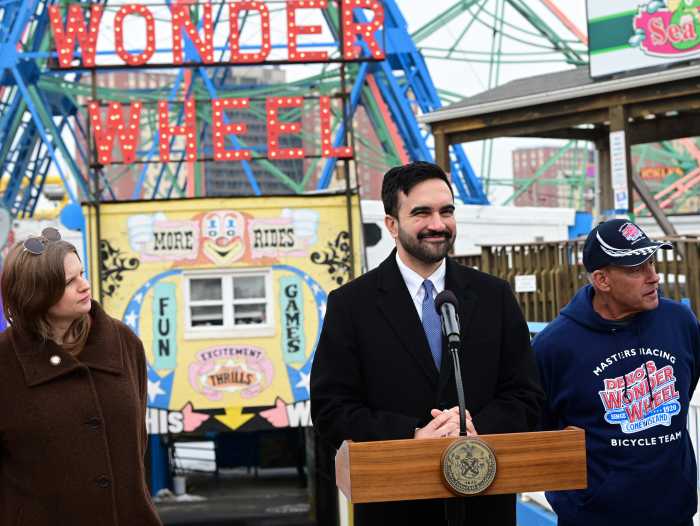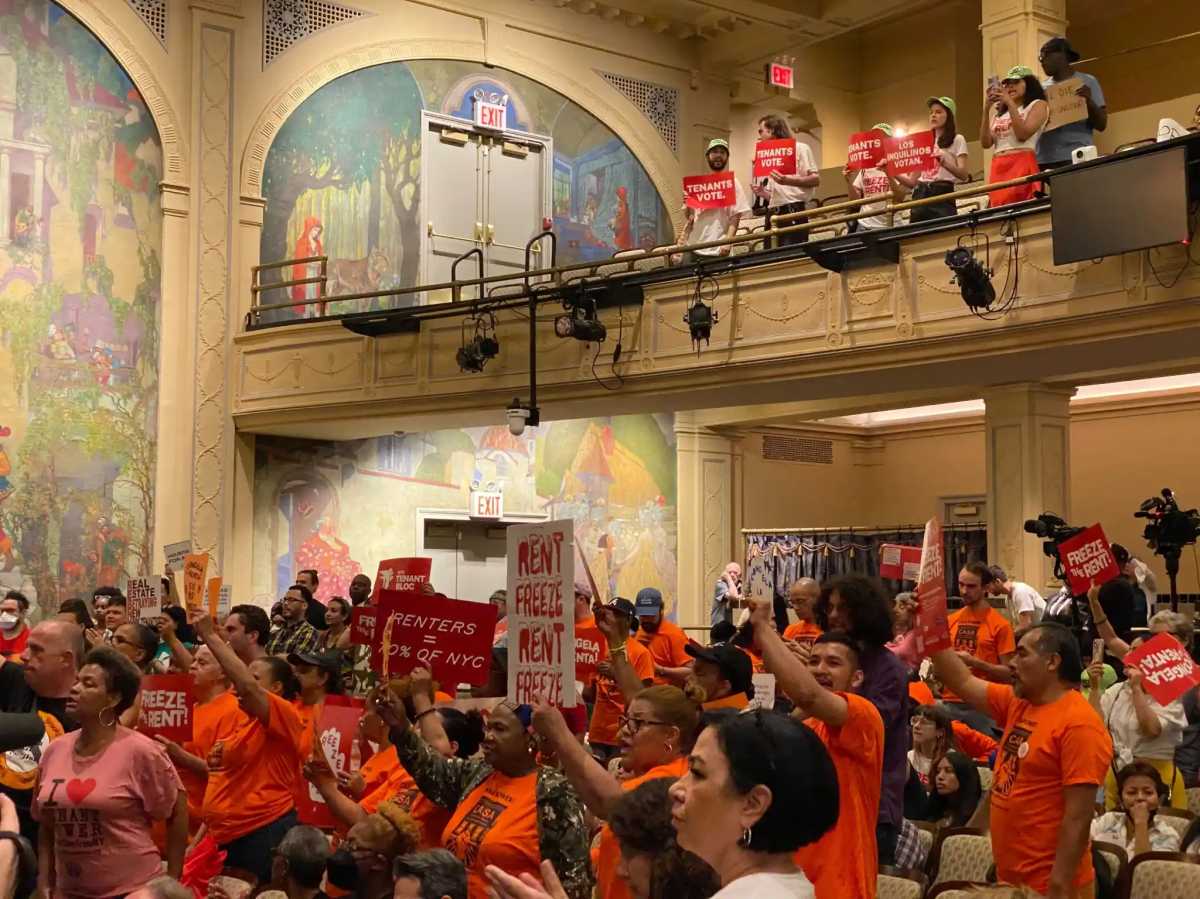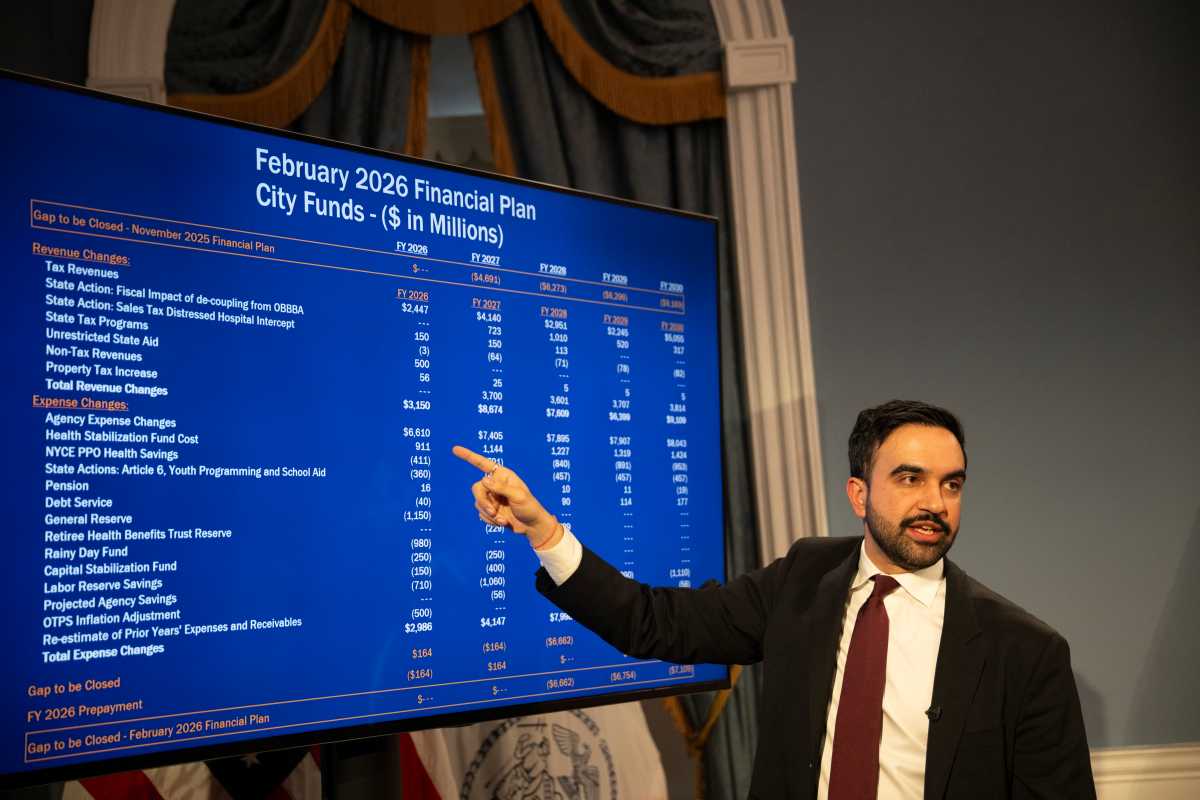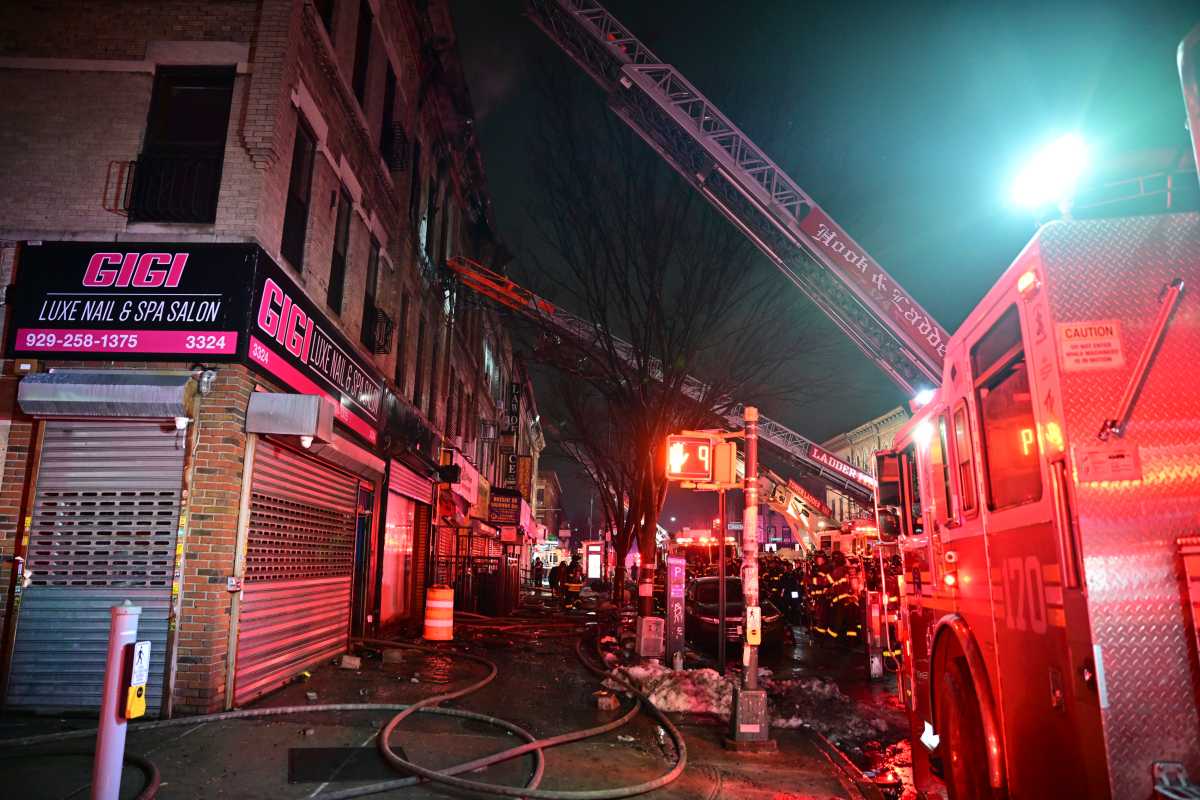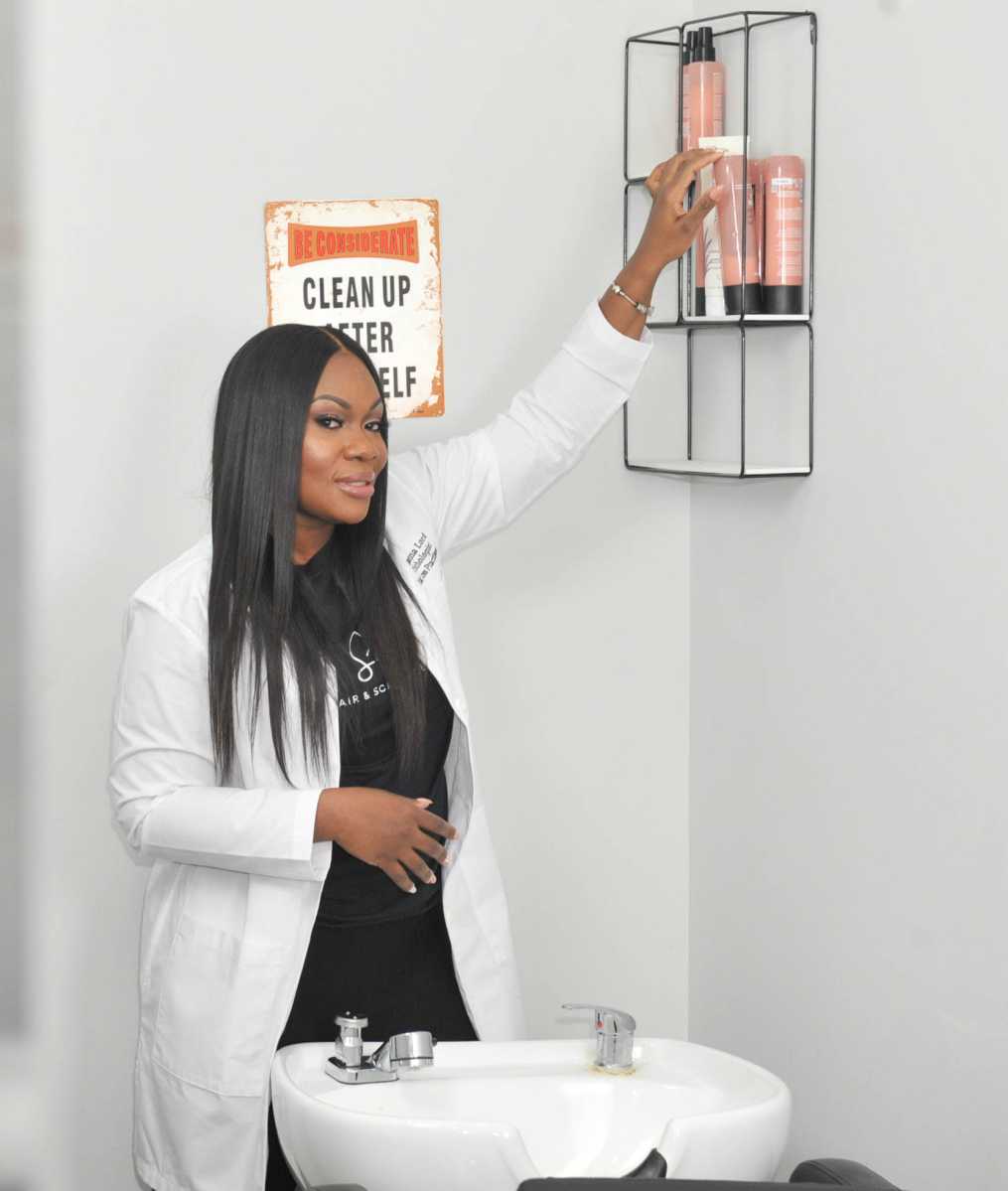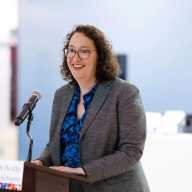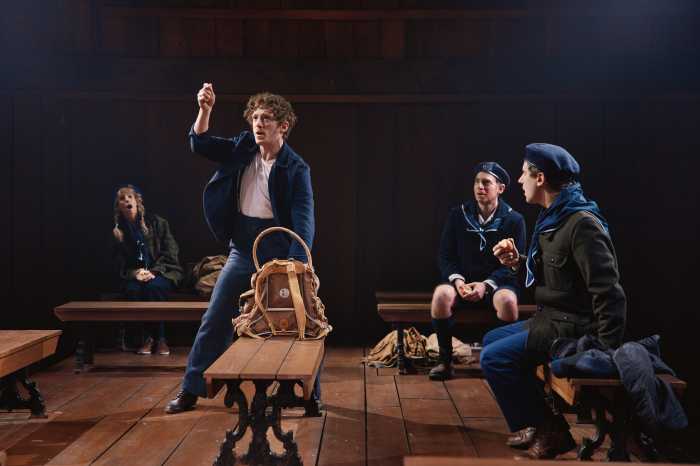Meet the new reps, same as the old reps.
Brooklyn opted for the classics in Tuesday’s congressional primary, effectively re-electing longtime congress members Nydia Velazquez, Jerrold Nadler, and Carolyn Maloney — who are not expected to face serious Republican challenges in their heavily Democratic districts — by landslide margins.
Here’s the breakdown:
7th District
Two-decade incumbent Velazquez fended off challenges from Manhattan banker Youngman Lee and Manhattan attorney Jeff Kurzon, gaining nearly 9,500 of the roughly 15,000 ballots cast in the district that winds from Bushwick to Downtown and south to Sunset Park, unofficial election-night results show.
Lee hoped to mobilize Asian voters in the majority-Latino district who felt Velazquez was not representing their interests, and Kurzon aimed to unseat the first-ever female Puerto Rican rep by alleging she was too close to big banks and beltway politics.
But neither challenger could muster enough votes, instead splitting the apparently anti-Velazquez ballots, which in aggregate were not enough to outweigh her 60-percent take.
Velazquez goes on to face businessman and perennial also-ran Allan Romaguera, who she trounced 56,000 to 1,000 the last time they faced off in 2014.
10th District
Nadler obliterated his first challenger in 20 years, tech entrepreneur Oliver Rosenberg, gaining 24,000 ayes to Rosenberg’s 2,700, preliminary returns show. The 24-year incumbent’s unpopular decision to back the Iran nuclear deal — a sticking point for his opponent — apparently did not hurt him in the heavily Jewish district, which includes Borough Park, the Brooklyn waterfront, and parts of Manhattan.
Nadler next goes up against Republican astrophysicist Philip Rosenthal — also running in opposition to Nadler’s support of the Iran deal — and Independent Mikhail Itkis.
12th District
Greenpoint-and-Queens congresswoman Maloney buried Manhattan marijuana activist Peter Lindner, convincing 11,700 Democrats to pull the lever for her while just 1,300 went for Lindner, according to state board of elections data. Still, it was an unexpectedly good turnout for the unknown challenger, who couldn’t cobble together anywhere near the 1,250 signatures he needed to get on the primary ballot in May, scraping through with a special dispensation from the Board of Elections.
Now Maloney only needs to best Republican businessman Robert Ardini in the main event this fall.
No poll-site drama
The voting went relatively smoothly — unlike April’s presidential primary, where more than 100,000 Brooklyn Democrats were incorrectly removed from voter rolls. The state attorney general’s office had received just 30 complaints to its voter hot line by 6 pm — 12 hours into the 15-hour voting period, a spokesman said.
